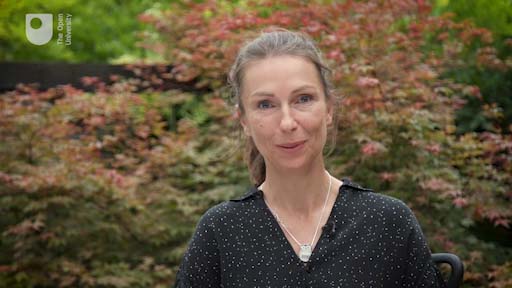Sure, I know how to talk to people!
Introduction
Good communication skills are vital in both your work life and your social life. Because talking to other people is part of everyday life, you may feel that you naturally possess these skills. In this course you will discover that a little psychological knowledge about interactions will help you to be able to plan and prepare for conversations in a way that will enable you to become an even more skilled communicator. The model you will learn about in this course is based on evidence from extensive psychological research into rapport, much of which has been carried out in a policing context.
As soon as two people are in a room together, they are communicating in some way, albeit perhaps non-verbally. Imagine the following scenario: you and your colleague, Jim, are in a meeting room at work together, the first two people to arrive for a meeting. You are busy trying to answer emails on your laptop, so you don’t want to talk, and from the fact that you don’t look up when Jim enters the room, are interacting with your computer and don’t verbally acknowledge Jim, he is able to deduce that you aren’t interested in chatting. While you’ve said nothing, you have nonetheless communicated. So even without speaking, once two people are in a room together, they are communicating – even if the message they are communicating is that they don’t want to talk.
In this course you will be introduced to a simple model that encourages you to think about interactions between you and a conversational partner or a small group. This model is based on psychological research and is easy to understand and apply in your daily life, whether at work, at home or in a social environment.
In the following video, Dr Zoe Walkington introduces you to the content you will cover in this course.

Transcript: Video 1 Talking to people – when rapport works … and when it fails
By the end of this course, you will be able to:
- understand the principles of a psychological model about rapport
- identify interpersonal behaviours using the model
- avoid maladaptive responses using the model
- plan an interpersonal response to a particular situation based on the model
- reflect on a situation experienced recently.
